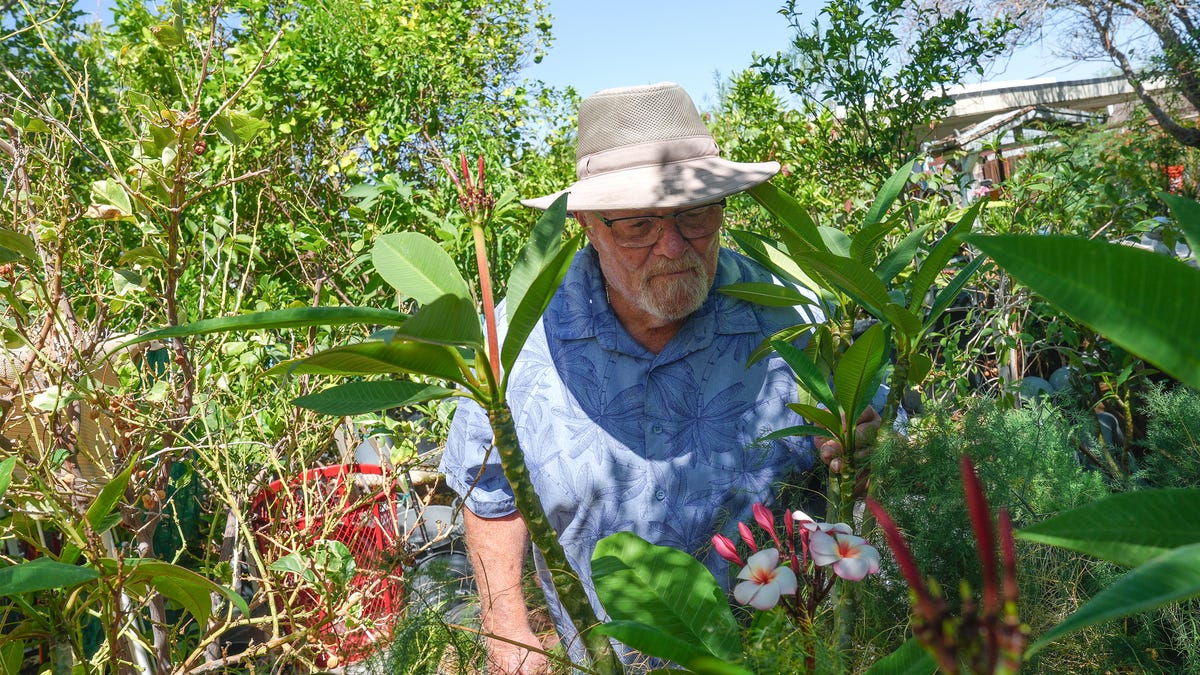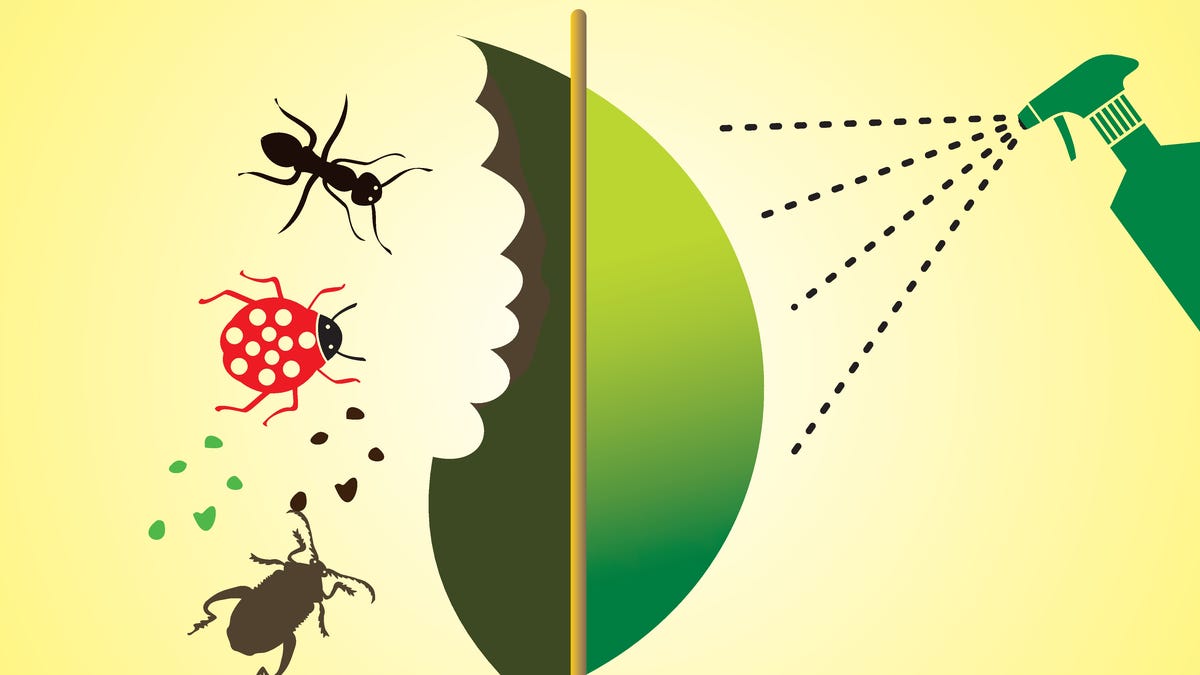Gardening
University of Georgia study finds drug-resistant strain of fungus in some compost and flower bulbs that can compromise lungs.
Should we mask up while gardening? A common fungus found in yard and garden materials, one that many of us inhale every day, can already spell trouble for immune-compromised gardeners. It can set up shop in your lungs, and an April 23 study by researchers at the University of Georgia found a drug-resistant strain in the United States.
The study tested common commercial gardening and organic materials, including compost and bulbs, for drug-resistant aspergillus fumigatus spores, previously seen only in Europe, and found levels sufficient to infect vulnerable gardeners. But taking precautions like wearing a mask and gloves can limit the risk.
“It’s pretty much everywhere in the environment,” said survey author Marin Talbot Brewer, a professor of mycology and plant pathology at the University of Georgia. Aspergillus breaks down organic matter, so it commonly turns up in compost and leaf piles, where it thrives in decomposition’s high temperatures.
“If you were to give me a scoop of soil from anyone’s backyard … you’ll find lots of species of different fungi, and they’re just decomposing,” said Dr. Michael Mansour, a transplant infectious disease physician at Massachusetts General Hospital who treats immunocompromised patients. “It’s what they [do].”
Gardening disturbs soil, which releases spores into the air that can be inhaled, Mansour said. “If you have a healthy immune system, it’s not an issue … Our immune cells will gobble them up.”
But Mansour’s patients belong to a key cohort of people who should pay sharp attention to the emergence of a drug-resistant fungus. Those with severely compromised immune systems include those with lung diseases and chronic obstructive pulmonary disease, recent organ transplant recipients, and patients undergoing chemotherapy. Without functional immune suppression, the fungus can grow in the lungs, causing an infection called aspergillosis.
Brewer said the survey did not determine which forms of compost were most likely to exhibit the drug-resistant strain, nor did it conclude which commercial sources are most likely to sell it, but she said the levels appeared to be higher on imported flower bulbs.
Quality materials matter.
“If the compost [is] made properly, the majority of the microbes in the compost should be beneficial,” said Geunhwa Jung, a University of Massachusetts Amherst professor of turfgrass pathology.
Mansour said aspergillosis infection appears regularly among his patients, but most of the cases have been responsive to treatment. Gardening was a regular activity of these at-risk patients who became infected, especially those whose bodies exhibited a high spore count. The patient is often someone who engages extensively with gardening, but does not use precautions such as a mask and gloves, as well as others who said they participated in a renovation project involving dampness recently.
‘If you have a healthy immune system, it’s not an issue … Our immune cells will gobble them up.’
Dr. MICHAEL MANSOUR, Massachusetts General Hospital
As farmers seek to meet the needs of population growth while operating during times of warming climates, increased antifungal use can contribute to the development of drug resistance, said Erika Hamilton, a microbiology professor at UMass Amherst.
“You may start to see an increase of this, where the use of agricultural fungicide is increasing … and then humans are getting sick from it, and that is only going to get worse as climate change worsens,” Hamilton said.
Brewer said she won’t be changing her gardening practices: After all, she researches soil.
“For most people, it’s probably not a concern,” she said. “But for people who have any sort of underlying medical condition that could make them kind of predisposed to it, just as long as they’re … aware that’s there, and can figure out what the best thing for them to do to protect themselves, I think that’s important.”
Lindsay Crudele can be reached at [email protected].
Address newsletter
Get the latest news on buying, selling, renting, home design, and more.










